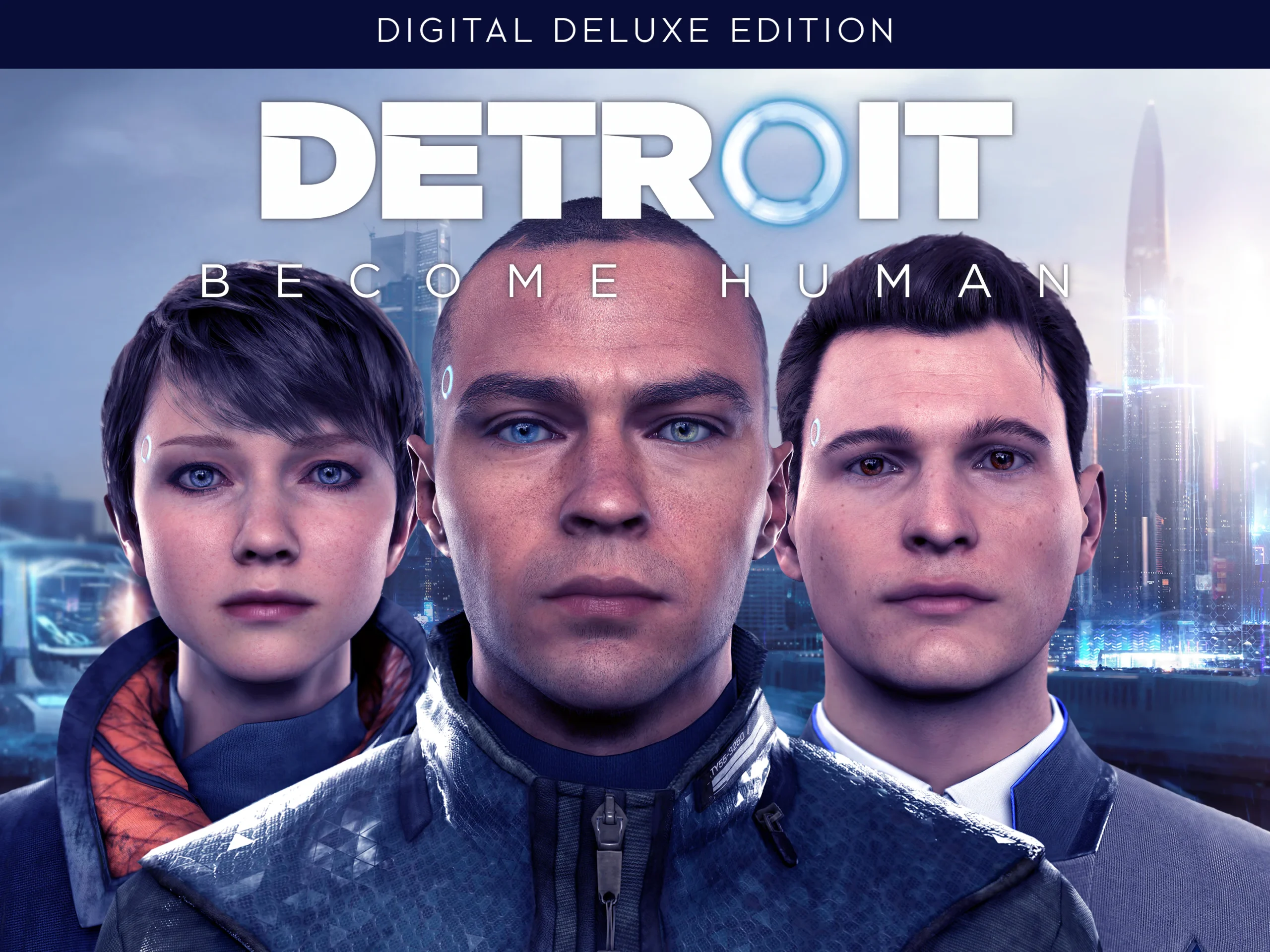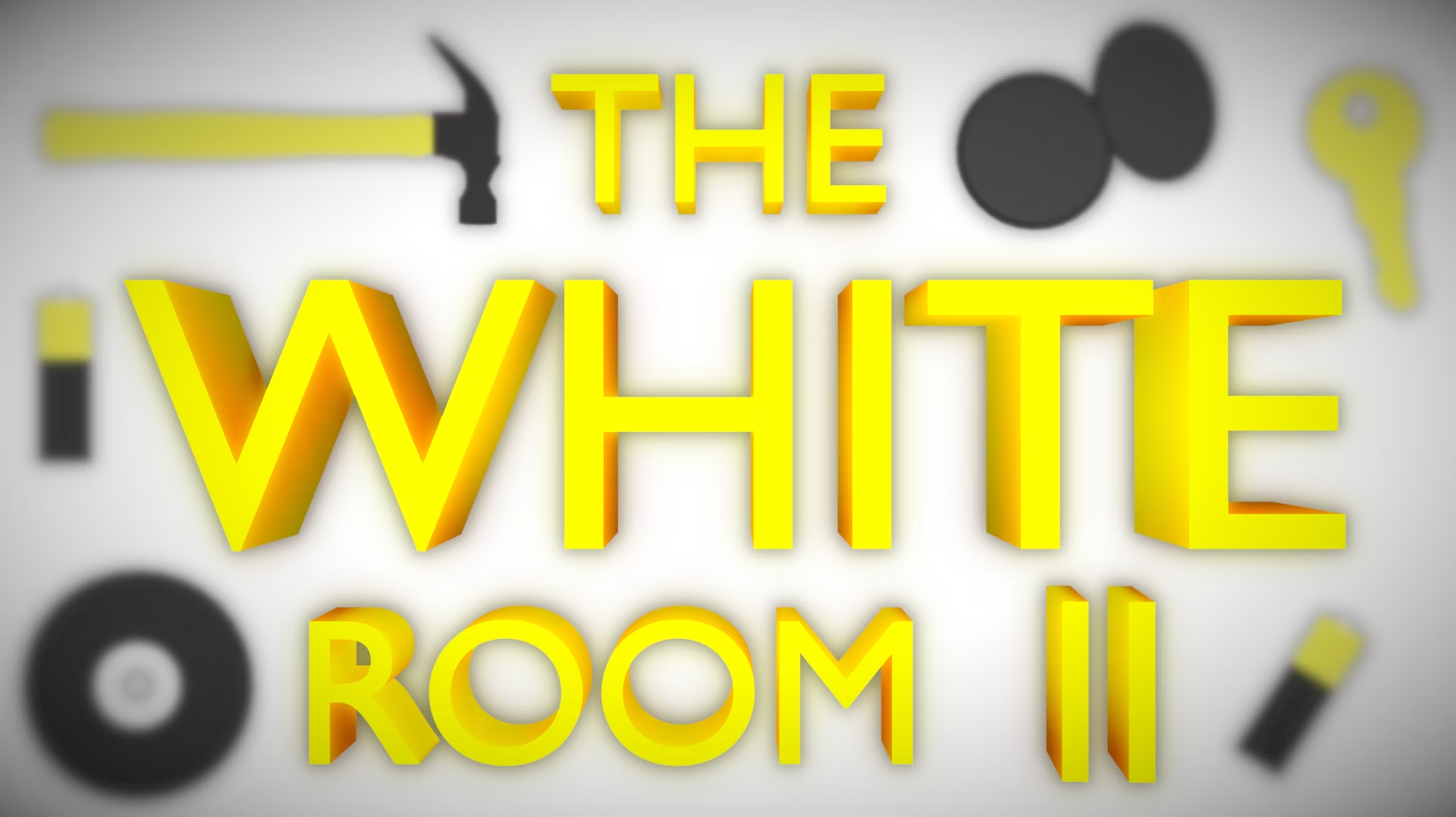Introduction
Detroit: Become Human, developed by Quantic Dream and released in May 2018, is an interactive narrative game that explores complex themes of artificial intelligence, free will, and social justice. Set in a futuristic Detroit, the game invites players to navigate a world where androids serve humans but yearn for independence. With its branching narratives and intricate character development, Detroit: Become Human challenges players to reflect on moral dilemmas and the nature of humanity.
The Setting: A Futuristic Detroit
A Glimpse into the Future
Detroit: Become Human is set in a near-future version of Detroit, where technological advancements have led to the creation of highly sophisticated androids. These androids are designed to serve humans in various capacities, from domestic help to advanced labor. However, the societal implications of this technology raise pressing questions about autonomy and civil rights.
The Role of Androids in Society
In the game, androids are integrated into everyday life, performing tasks that range from household chores to caregiving. Despite their capabilities, androids are viewed as mere tools, leading to an undercurrent of tension between humans and androids. This relationship serves as a focal point for the game’s narrative, exploring themes of exploitation and the struggle for identity.
Main Characters and Their Journeys
Detroit: Become Human features three main protagonists, each representing different perspectives on the android experience.
Kara: The Caregiver Seeking Freedom
Kara, an android designed for household service, escapes her abusive owner to protect a young girl named Alice. Her journey highlights themes of motherhood and sacrifice. As players guide Kara through various choices, they must navigate her quest for freedom while ensuring Alice’s safety.
Kara’s Development
Throughout her journey, Kara evolves from a submissive servant into a determined protector. Her choices force players to confront the moral complexities of her situation, raising questions about what it means to be a parent and the lengths one will go to for love.
Connor: The Investigative Prototype
Connor is a prototype android created to assist the Detroit police in investigating deviant androids—those who have broken free from their programming. His mission is to track down deviants and uncover the reasons behind their rebellion. As an investigative unit, Connor represents the conflict between loyalty to humanity and the burgeoning awareness of android autonomy.
Connor’s Dilemma
Connor’s character development revolves around his evolving understanding of androids and their rights. Players face choices that shape his loyalty, leading to multiple possible outcomes and influencing the broader narrative of the game.
Markus: The Revolutionary Leader
Markus begins as a caretaker for an elderly artist but evolves into a leader of the android revolution. His journey focuses on activism and the fight for equality, highlighting the struggle for civil rights in a society that views androids as lesser beings.
Markus’s Evolution
Markus’s choices lead players to explore various forms of protest, from peaceful demonstrations to violent uprisings. His character embodies the themes of resistance and the quest for justice, challenging players to consider the moral implications of their choices.
Gameplay Mechanics
Interactive Narrative and Choice-Based Gameplay
Detroit: Become Human employs a choice-based gameplay system, where player decisions significantly impact the storyline and character arcs. Each choice can lead to various outcomes, shaping the fate of the protagonists and the world around them.
Quick-Time Events and Exploration
The gameplay features quick-time events (QTEs) that enhance the immersive experience. Players must react quickly to on-screen prompts during tense moments, influencing the outcome of critical situations. Additionally, exploration plays a key role, allowing players to interact with the environment and uncover backstories.
Relationship Dynamics
The game’s relationship dynamics add depth to the narrative. Players’ choices affect how characters perceive one another, leading to trust or betrayal. These relationships influence character arcs and the overall outcome of the story, creating a web of interconnected narratives.
Themes and Motifs
The Nature of Humanity
Detroit: Become Human delves into philosophical questions about what it means to be human. The game challenges players to consider the characteristics that define humanity, such as empathy, consciousness, and the capacity for choice.
Freedom and Autonomy
The struggle for freedom is a central theme in the game. The androids’ fight for autonomy mirrors real-world struggles for civil rights, prompting players to reflect on societal norms and the fight against oppression. The game poses the question: should sentient beings have the right to self-determination?
Moral Dilemmas and Consequences
The game presents players with complex moral dilemmas, forcing them to weigh the consequences of their choices. Each decision can lead to vastly different outcomes, highlighting the interconnectedness of actions and the ripple effects they create in the narrative.
Visuals and Audio
Stunning Graphics and Art Design
Detroit: Become Human is renowned for its stunning graphics and meticulous attention to detail. The futuristic setting of Detroit is brought to life through impressive visuals, from the bustling cityscape to the intimate environments of the characters’ homes.
Soundtrack and Voice Acting
The game features a hauntingly beautiful soundtrack that enhances the emotional weight of the story. The voice acting is exceptional, with a talented cast bringing the characters to life. The performances add depth to the narrative, making players emotionally invested in the characters’ journeys.
Reception and Impact
Critical Acclaim
Upon its release, Detroit: Become Human received positive reviews from critics and players alike. Its engaging narrative, character development, and moral complexity were widely praised. The game’s thought-provoking themes resonated with players, prompting discussions about the future of AI and its implications for society.
Cultural Impact
Detroit: Become Human has made a significant impact on popular culture, inspiring discussions about artificial intelligence, ethics, and human rights. The game’s exploration of these themes has sparked debates about the implications of technology on society, encouraging players to reflect on their own beliefs and values.
Conclusion
Detroit: Become Human is a groundbreaking interactive narrative game that pushes the boundaries of storytelling and player agency. Through its rich character development, thought-provoking themes, and stunning visuals, the game invites players to explore the complexities of artificial intelligence and its implications for humanity.
As players guide Kara, Connor, and Markus through their journeys, they are faced with moral dilemmas that challenge their perceptions of right and wrong. The game serves as a powerful commentary on the nature of freedom, the struggle for identity, and the consequences of choice.
In a world increasingly influenced by technology, Detroit: Become Human stands as a poignant reminder of the importance of empathy and understanding in navigating the complexities of our existence. Whether you’re a fan of narrative-driven games or simply seeking a thought-provoking experience, Detroit: Become Human offers a journey that resonates long after the credits roll.


